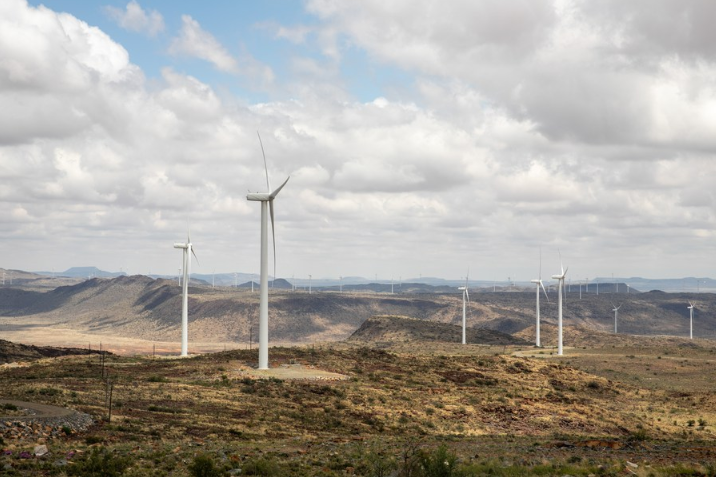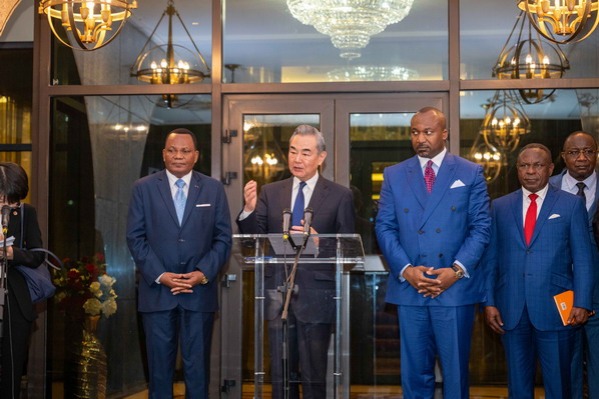Worsening drought in Somalia leaves thousands in need of aid

The worsening drought in Somalia combined with the ongoing conflict, locust invasion and COVID-19 pandemic has left thousands in need of humanitarian aid.
According to Oxfam, a confederation of 20 independent charitable organizations, about 3.5 million people are already acutely food insecure in the east African country.
The confederation projects that 7.7 million people in the country will be in need of urgent humanitarian assistance by next year.
Currently, almost 90 percent of the country is experiencing severe drought, following three consecutive failed rain seasons, with some regions facing their driest season in 40 years.
Due to drying of natural water sources, the price of potable water has gone up, with a 200-liter water drum having increased by nearly 200 percent in Garowe in Nugaal region.
"I have been involved in droughts since 1991 and I have never seen a drought that has impacted people as badly as has this one," Aydrus Daar, executive director of Wajir South Development Association, one of Oxfam's local partner organizations, said.
"Many pastoralists have lost 100 percent of their livestock. This has never occurred in living history. Our biggest concern is an imminent famine."
In Galgaduud region, the drought has affected over 300,000 people. Additionally, intensification of conflict in Guriel, a town of some 100,000 inhabitants in central Galgaduud has left destruction of buildings, including hospitals, according to the International Committee of the Red Cross.
Hashim, a 50-year-old resident of Guriel, told the humanitarian organization that this year's drought had surpassed the previous ones.
"The clashes have forced people to run away and become displaced. The drought and lack of rainfall has also caused displacement. These things have all come at once," Hashim said.
Amjad Ali, country director of Oxfam in Somalia, said the residents of Gedo, Jubaland, Sool, Bari, Mudug, Toghdheer and Bari are the hardest hit by the drought.
"Some have already experienced intense drought for more than a year and have had to watch their livestock, crops and savings perish in front of their eyes. They urgently need lifesaving water, food and cash," Ali said.
He said more than a third of this year's humanitarian appeal for the country is unfunded.
"In the 2011 drought crisis, an estimated 50,000–100,000 people lost their lives. Despite the warnings, the international humanitarian system did too little too late. We must make sure that history does not repeat itself. We must act now," Ali said.
To help boost its humanitarian response in Somalia and save lives, Oxfam is in urgent need of $15 million.
Last month, the government of Somalia declared a state of humanitarian emergency, as thousands left their homes in search of food, water and pasture.
The severe drought has affected more than 2.8 million people in 66 of the country's 74 districts, according to the United Nations Office for the Coordination of Humanitarian Affairs.
The hunger situation has been exacerbated by COVID-19 pandemic and locust invasion.
According to data from Africa Centers for Disease Control, so far, Somalia has reported more than 23,500 infection cases and over 1,300 deaths. The country has fully vaccinated just 1.8 percent of its population.
Somalia also remains a hotspot for locust invasion. On Tuesday, the Food and Agriculture Organization said control operations against small late instar hopper bands in the northeastern part of the country is ongoing.
The UN agency said the number and size of immature swarms that will form in the next two weeks will be limited due to the successful control operations.
It, however, warned that due to the current temperatures, a few small swarms from undetected and untreated areas should start to form in the coming week.

































